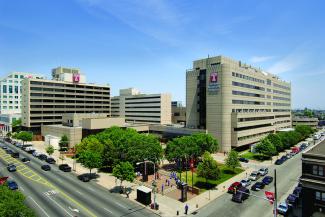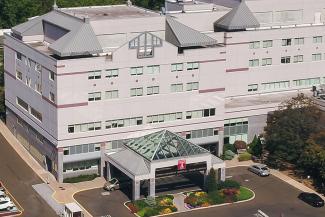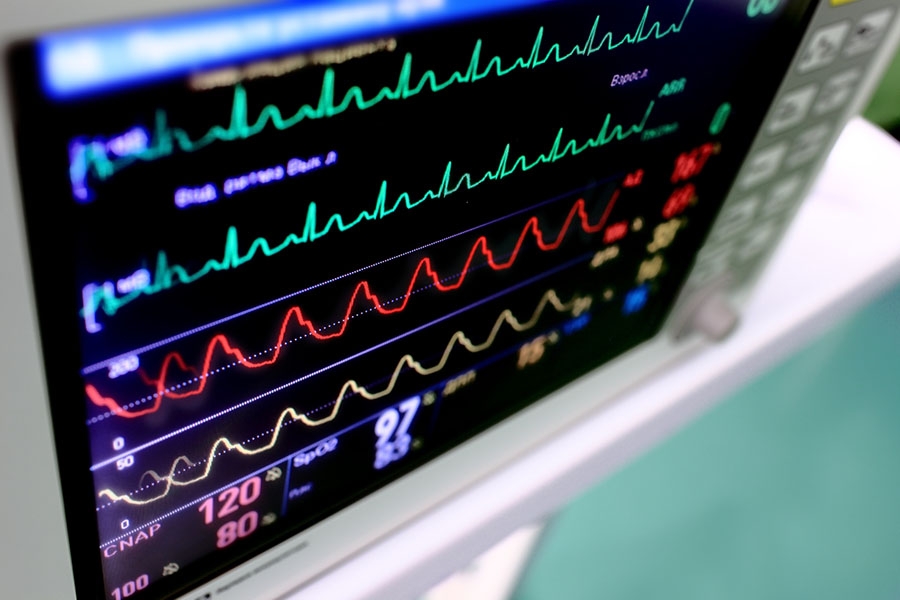Temple’s state-of-the-art diagnostics and advanced treatments help patients with arrhythmia (irregular heartbeat) manage their condition and improve quality of life. Our electrophysiologists and cardiovascular surgeons are skilled in a range of procedures to treat complex arrhythmias that might otherwise have serious consequences.
Advanced Diagnostic Tests for Arrhythmia
Problems with the heart’s electrical impulses that lead to a fast, slow or irregular heartbeat are known as an arrhythmia or dysrhythmia. Atrial fibrillation, or A-fib, is the most common form of arrhythmia, which causes an irregular and fast heartbeat.
Many arrhythmias are relatively harmless. Others, however, may increase the risk of conditions such as heart failure, stroke or sudden cardiac death. Temple’s diagnostic team uses sophisticated testing to determine whether an arrhythmia requires treatment, and what kind.
Our recently renovated electrophysiology labs are equipped for intracardiac ultrasound, 3D mapping of cardiac arrhythmias and other advanced imaging. Our hybrid operating room, dedicated to electrophysiology, allows our specialists to perform advanced combined procedures.
Restoring Heart Rhythm
Many arrhythmias can be treated with medication.
For more complex cases, Temple electrophysiologists and cardiovascular surgeons are highly experienced in catheter-based and traditional (open) procedures. The following procedures have a high success rate in correcting or reducing arrhythmia and associated complications:
MAZE Procedure
In a MAZE procedure, a surgeon creates a series of lines on the outer surface of the upper heart that blocks the passage of the rogue signal. This often relieves the symptoms.
Catheter Ablation
During a catheter ablation, several thin wires are threaded into the veins and/or arteries in the groin, then guided inside the heart to perform very detailed electrical testing of the heart. When abnormal electrical spots or short-circuits are identified, very precise heating or freezing techniques can be used to permanently eliminate the problem spots to cure or manage the fast or irregular heartbeat.
Heart Devices
A small electrical device can be implanted under the skin, usually just below the collar bone in the chest. Two such devices are a pacemaker and implantable cardioverter-defibrillator (ICD).
The pacemaker monitors the heartbeat. If the heart rate is normal it stays off; however, if the beat is too slow, fast or erratic, the pacemaker sends a mild electrical signal to the heart that causes it to beat at a more beneficial pace.
An implantable cardioverter-defibrillator usually has all the same functions of a pacemaker. But what is special about them is that they have the ability to deliver high-energy electrical treatments to jolt the heart out of a life-threatening, fast heart rhythm.
View frequently asked questions about heart devices >
An Experienced Team
Our skilled diagnostic and treatment team includes:
- Cardiac electrophysiologists
- Cardiovascular surgeons
Ready for an Appointment?
To schedule an appointment with an arrhythmia specialist, request an appointment online or call 800-TEMPLE-MED.





